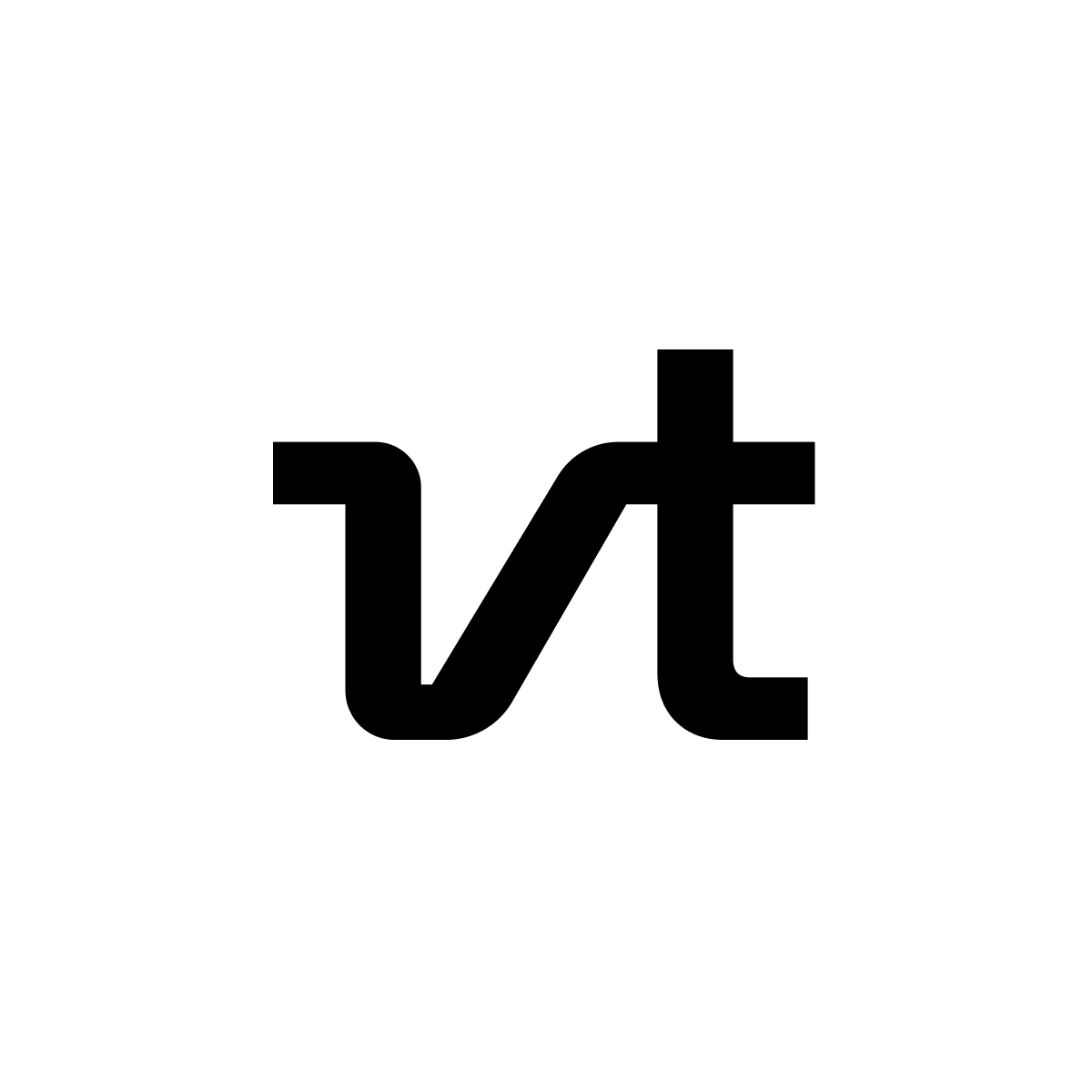
pomdtr
email_auth
Script
Email Auth for Val Town ⚠️ Require a pro account (needed to send email to users) Usage Create an http server, and wrap it in the emailAuth middleware. import { emailAuth } from "https://esm.town/v/pomdtr/email_auth"
import { verifyUserEmail } from "https://esm.town/v/pomdtr/verifyUserEmail"
export default emailAuth((req) => {
return new Response(`your mail is ${req.headers.get("X-User-Email")}`);
}, {
verifyEmail: verifyUserEmail
}); 💡 If you do not want to put your email in clear text, just move it to an env var (ex: Deno.env.get("email") ) If you want to allow anyone to access your val, just use: import { emailAuth } from "https://esm.town/v/pomdtr/email_auth"
export default emailAuth((req) => {
return new Response(`your mail is ${req.headers.get("X-User-Email")}`);
}, {
verifyEmail: (_email) => true
}); Each time someone tries to access your val but is not allowed, you will get an email with: the email of the user trying to log in the name of the val the he want to access You can then just add the user to your whitelist to allow him in (and the user will not need to confirm his email again) ! TODO [ ] Add expiration for verification codes and session tokens [ ] use links instead of code for verification [ ] improve errors pages
6

std
sqlite
Script
SQLite - Docs ��↗ SQLite is a lightweight, standard database. Every Val Town account comes with its own private SQLite database that is accessible from any of your vals via std/sqlite . Val Town SQLite is powered by Turso . Usage Migrations ORMs We recommend these admin data viewers for managing your database – viewing or editing data or your database table schema: Outerbase Studio (recommended) - formely known as LibSQL Studio – see instructions here SQLite Explorer (built in Val Town) Limits You can store 10mb on the free plan and up to 1gb on the paid plan. Contact us if you need more space. 📝 Edit docs
0

std
openai
Script
OpenAI - Docs ↗ Use OpenAI's chat completion API with std/openai . This integration enables access to OpenAI's language models without needing to acquire API keys. For free Val Town users, all calls are sent to gpt-4o-mini . Basic Usage import { OpenAI } from "https://esm.town/v/std/openai";
const openai = new OpenAI();
const completion = await openai.chat.completions.create({
messages: [
{ role: "user", content: "Say hello in a creative way" },
],
model: "gpt-4",
max_tokens: 30,
});
console.log(completion.choices[0].message.content); Images To send an image to ChatGPT, the easiest way is by converting it to a
data URL, which is easiest to do with @stevekrouse/fileToDataURL . import { fileToDataURL } from "https://esm.town/v/stevekrouse/fileToDataURL";
const dataURL = await fileToDataURL(file);
const response = await chat([
{
role: "system",
content: `You are an nutritionist.
Estimate the calories.
We only need a VERY ROUGH estimate.
Respond ONLY in a JSON array with values conforming to: {ingredient: string, calories: number}
`,
},
{
role: "user",
content: [{
type: "image_url",
image_url: {
url: dataURL,
},
}],
},
], {
model: "gpt-4o",
max_tokens: 200,
}); Limits While our wrapper simplifies the integration of OpenAI, there are a few limitations to keep in mind: Usage Quota : We limit each user to 10 requests per minute. Features : Chat completions is the only endpoint available. If these limits are too low, let us know! You can also get around the limitation by using your own keys: Create your own API key on OpenAI's website Create an environment variable named OPENAI_API_KEY Use the OpenAI client from npm:openai : import { OpenAI } from "npm:openai";
const openai = new OpenAI(); 📝 Edit docs
5
stevekrouse-poembuilder.web.val.run
Updated: April 12, 2024
